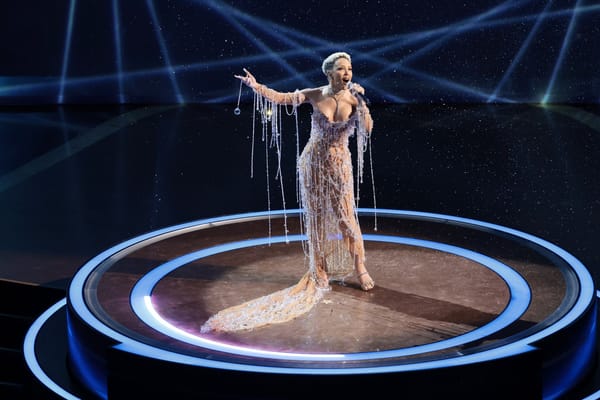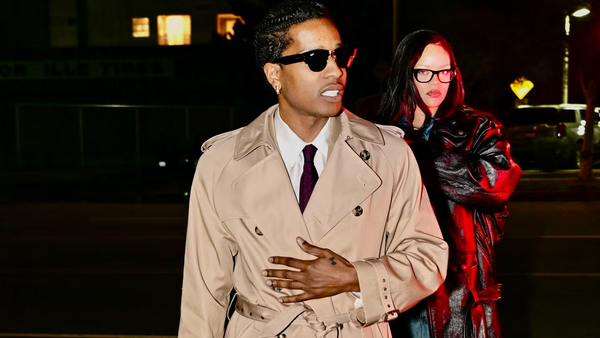Thom Yorke Among Thousands To Sign Open Letter On AI
The statement underscores broader concerns about intellectual property rights in the rapidly advancing AI landscape.

Thom Yorke, lead singer of Radiohead, is among more than 10,500 creatives who have signed a statement protesting the unauthorized use of their work to train artificial intelligence models. The statement highlights growing tensions between creative industries and tech companies, emphasizing that the unlicensed use of copyrighted material for AI development threatens artists’ livelihoods and violates copyright laws.
The statement’s release comes amidst legal challenges in the U.S., where authors like George R.R. Martin and John Grisham are suing OpenAI for alleged copyright infringement. In the music industry, major labels such as Sony, Universal, and Warner Music Group are pursuing legal action against AI-powered music creators. The conflict underscores broader concerns about intellectual property rights in the rapidly advancing AI landscape.
Ed Newton-Rex, a former AI executive who organized the statement, criticized the business model of generative AI companies. He argued that while firms invest heavily in engineers and computing power, they often expect to use copyrighted data for free. “When AI companies call this ‘training data,’ they dehumanize it,” Newton-Rex stated, highlighting the personal value embedded in creative works.
The UK government’s recent consideration of an “opt-out” system for content scraping by AI firms has further fueled backlash. Newton-Rex warned that opt-out systems are inherently flawed, as many creators remain unaware of such options. Instead, he advocates for an “opt-in” scheme, which would require explicit consent from creators before their work is used for AI training.
The open letter has gained widespread support across creative sectors, with signatories including prominent figures like Robert Smith of The Cure, Max Richter, Kazuo Ishiguro, and actors Kevin Bacon and Rosario Dawson. Additionally, industry organizations such as SAG-AFTRA and the European Writers’ Council have endorsed the statement, signaling unified opposition to the exploitation of creative content by AI companies.
This growing movement reflects the urgency with which creatives are demanding legal and ethical frameworks to regulate AI development. As tensions escalate, the dispute serves as a critical moment in balancing technological progress with the rights and interests of those working in the creative industries.
You can sign the statement here.





